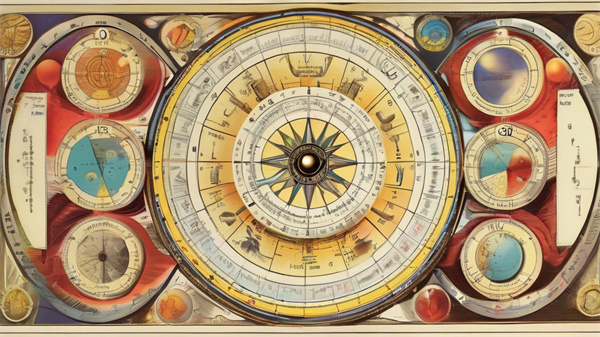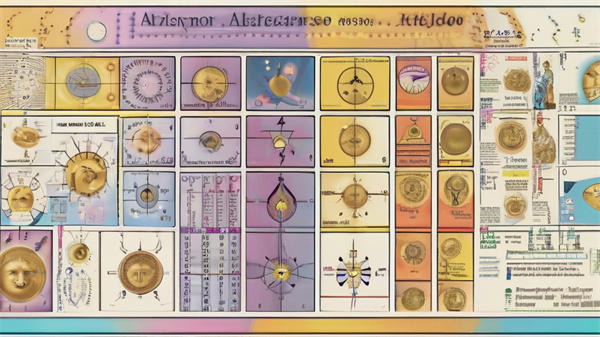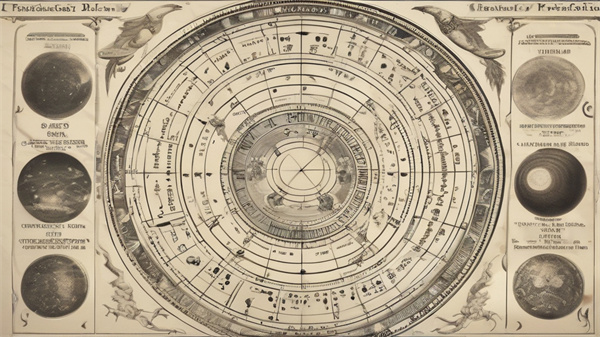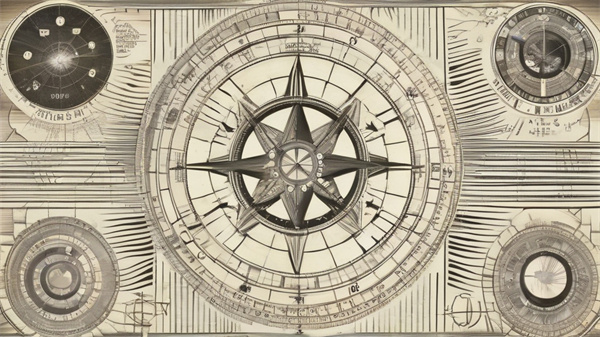The history of astrology dates back to ancient civilizations in Mesopotamia, Egypt, Greece, India, and China.

In 3000 BCE, ancient civilizations in Mesopotamia, Egypt, and China developed early forms of astrology that connected earthly events to human affairs.
Babylonian astronomers produced the first surviving astrological texts in 2000 BCE, which include predictions of the future and planets’ movements.

In 1000 BCE, the ancient Greeks integrated astrology into their mythology and philosophy. Greek philosophers, including Pythagoras and Plato, analyze the relationship between human actions and heavenly laws.
Claudius Ptolemy, a Greek-Egyptian voyeurist, wrote about the “Tetrabiblos” in the 2nd Century CE. One of the most influential works in astrology is this thorough treatise book.
The Islamic Golden Age saw the preservation and expansion of astrology through the translation of Greek and Babylonian astronomical texts into Arabic by Arab scholars.

The Middle Ages in Europe were a time when astrology was prevalent and offered advice to rulers, nobility, and clergy on state, health, or military matters. Various aspects of medieval life, such as medicine, agriculture, and navigation, are intertwined with astrology.
The Renaissance brought about a renewed interest in astrology among European intellectuals due to the revival of classical learning. Astrologers in the Renaissance age, including Johannes Kepler and Girolamo Cardano, analyze the links between natural events and planetary movements.

The Age of Enlightenment in the 17th-18th centuries has led to a decline in academic interest in astrology, with intellectuals and scientists increasingly doubtful. Even so, astrology remains popular among the general public and is still being studied.
Astrology is revived in the 19th-20th centuries with the emergence of newspapers, magazines, and almanacs that offer horoscopes and advice. The 20th century’s New Age movement promotes astrology as a means of spiritual development and self-discovery.
The digital age has made astrology a cultural phenomenon that remains relevant.